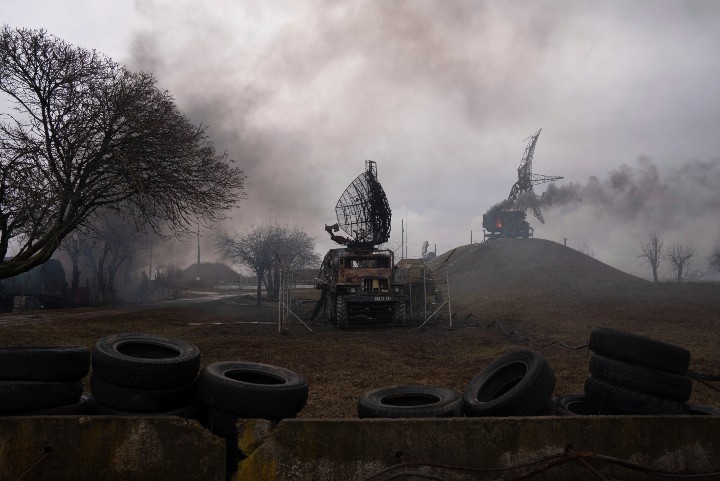Kate Lin: Welcome to Morningstar. Ukraine is a major exporter of inert gas critical to the chipmaking process. Meanwhile, Taiwan's foundries say they have sufficient gas supply for the near term. If the Russian invasion lasts longer than the market has anticipated, how would that impact the semiconductor supply. We're talking to Phelix Lee, equity analyst at Morningstar.
Phelix, with the gas supply out of Ukraine under stress, how is the current situation of Taiwan foundries under your coverage?
Phelix Lee: Taiwan foundries do have long-term supply and distribution agreements with their suppliers. Usually, these agreements tend to secure supply for up to three to six months locking in a lot of volumes as well as some of the prices. So, that's why in the short term, if we are looking at one to two weeks, there should be little impact on the foundries right now.
Lin: So, it is true that Taiwan's TSMC (2330, TSM) and UMC (2303, UMC) came out to assure investors that they have piled up gas for the near term. Could there be longer-term implications from this event?
Lee: Well, just now I said, over the next three to six months, it could be minimal impact. But there are very few predecessors on how long the war or the conflict will last in Russia and Ukraine. So, that's why at this point, it is very difficult to ascertain the most probable impact on TSMC and other foundries. In the longer term, we would foresee these foundries to diversify into more suppliers as well as to try to engage in more binding agreements with them.
Lin: What about the mainland-based foundries like SMIC (00981, 688981)?
Lee: SMIC is also partly hedged in terms of long-term agreements. But for both SMIC and the smaller players in mainland China, are more susceptible to spot market movements. We are aware at Morningstar that spot market prices of some of the gases such as neon, which is 70% supplied by Ukraine, has spiked up in recent days, and we expect this to have a small but noticeable impact on chip prices.
Lin: So, back to the Taiwan equity names, wide moat TSMC remains our top pick, but investors are also seeing it falling 10% from its peak. Do you think investors should look for alternatives in Taiwan or elsewhere to play the chip story?
Lee: Well, we think TSMC even though it has fallen more than 10% from its peak, its wide moat underscored by its cost advantage as well as its strong R&D capabilities remain intact. So, that's why we think today or in the recent – in the next one or two weeks would be a good time to add TSMC as a long-term investment.
Lin: Thank you, Phelix. For Morningstar, I'm Kate Lin.











.png)






.jpg)





